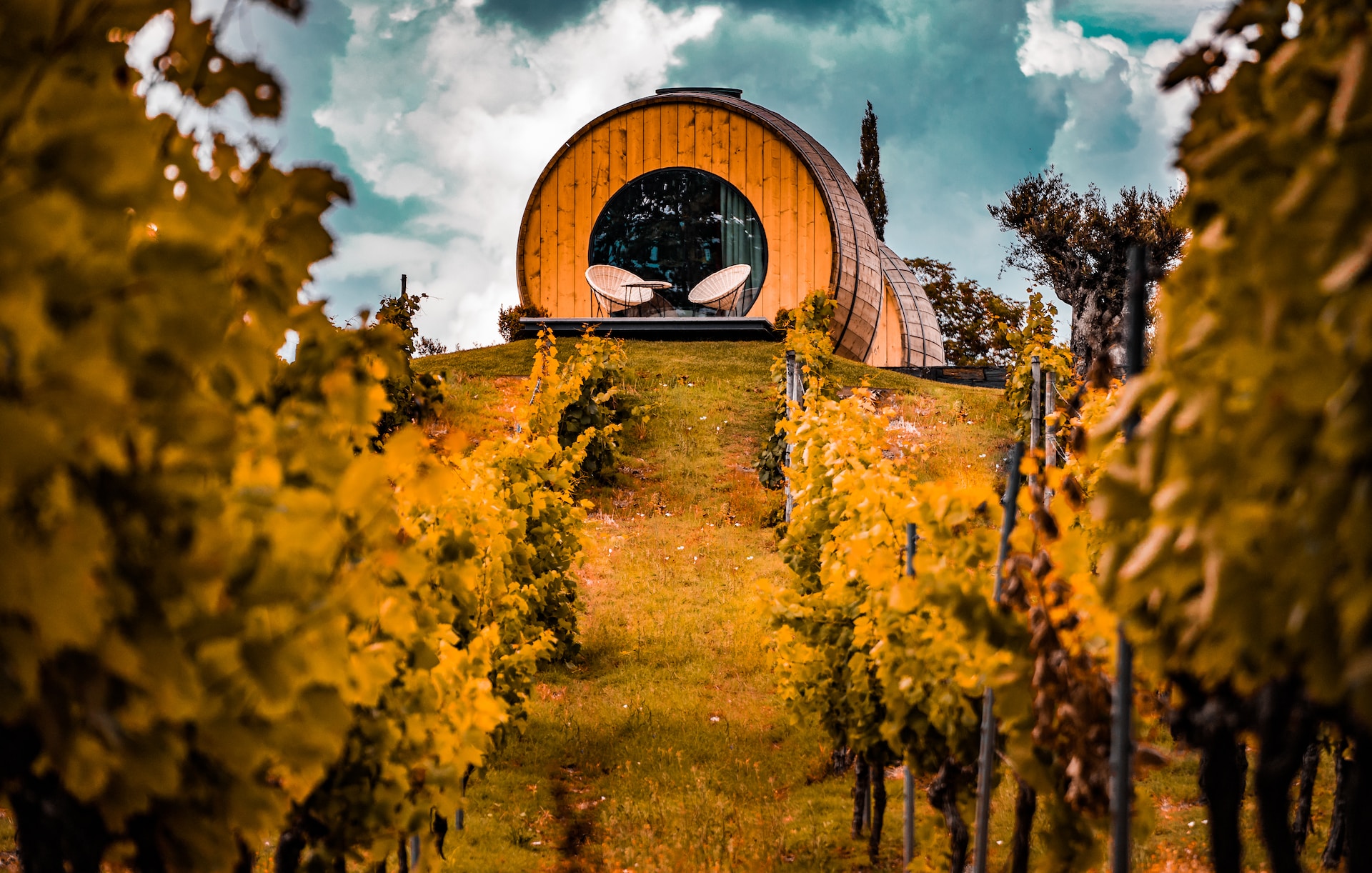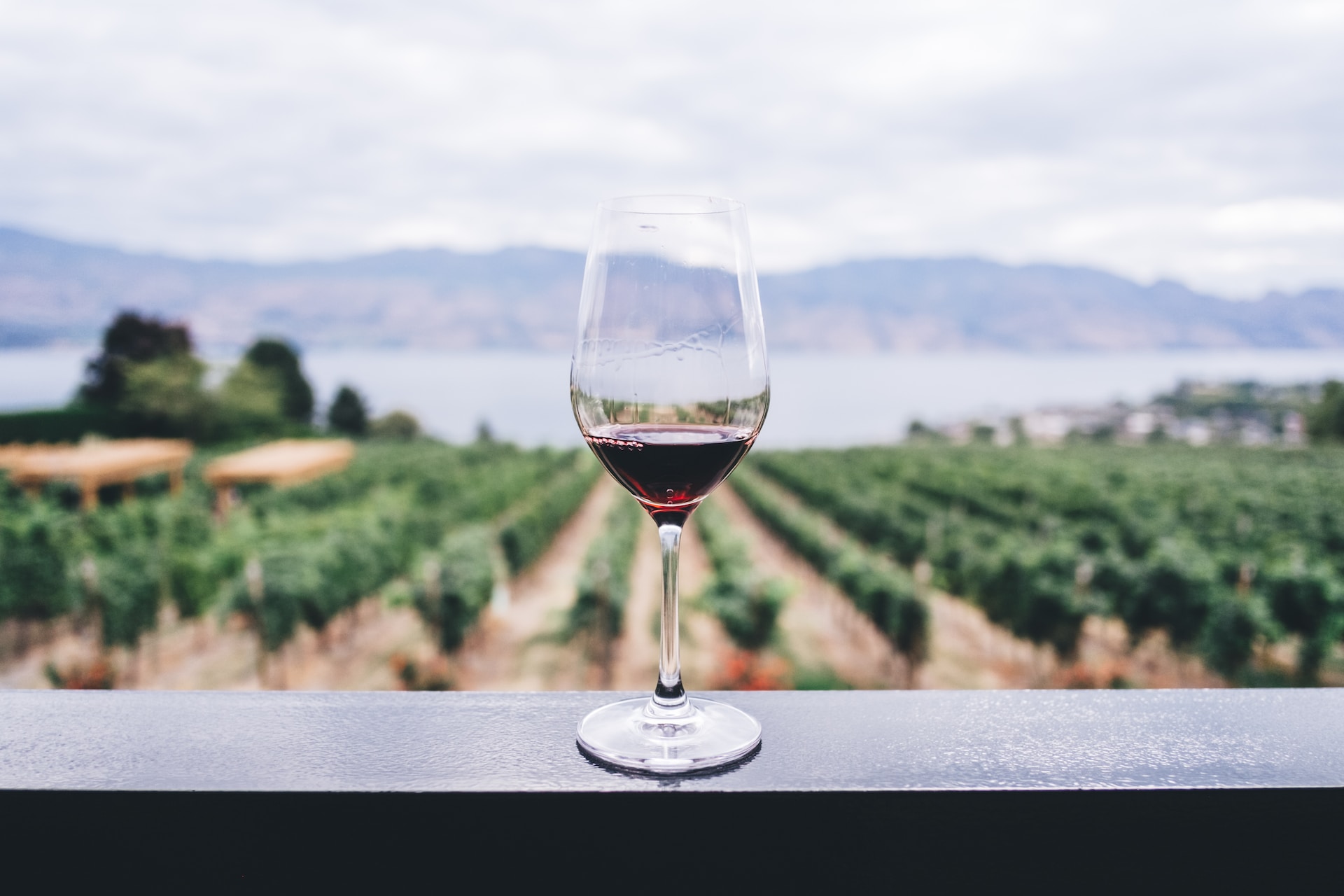Biodynamic wines are becoming more and more popular in the wine market. Often confused with organic wines, biodynamic wines stand out with an even more environmentally friendly approach and a particular philosophy.
Biodynamics, a holistic approach to viticulture
Biodynamics is an agricultural method that builds on the basic principles of organic farming, but goes beyond. She considers the vine as a living organism in close interaction with its environment. Biodynamic winemakers believe that biodiversity and natural balance are essential to producing quality wines.
The principles of biodynamics
Biodynamics is based on several key principles. First of all, respecting the lunar calendar and cosmic cycles is crucial. Biodynamic winegrowers plant, prune and harvest their vines according to the phases of the moon, which influence the vitality and quality of the grapes. In addition, they use specific preparations based on plants, minerals and animals to strengthen soil fertility and stimulate the vine’s natural defenses against diseases.

Living soils for exceptional grapes
Biodynamic winegrowers pay particular attention to soil health. They cultivate their vines in a way that promotes microbial life in the soil, essential for proper absorption of nutrients by the vines. The quality of the grapes directly depends on the vitality of the soil, and biodynamic winegrowers take care to maintain a natural balance in their vineyards.
Biodynamic preparations
Biodynamic preparations are natural substances used to strengthen the health of vines and promote wine fermentation. Among these preparations, we find, for example, horn dung, used as natural compost, or horn silica, which is said to be beneficial for the circulation of vital forces in the vine. These preparations are often controversial, but biodynamic winegrowers see them as a way to strengthen the vitality of their crops.
Biodynamic certification
To be considered biodynamic, a wine must be certified by independent organizations such as Demeter or Biodyvin. These certifications guarantee that biodynamic methods have been fully respected throughout the production process. For lovers of biodynamic wines, certification is a guarantee of confidence and quality.
Unique and expressive wines
Biodynamic wines are often distinguished by their unique and expressive character. Biodynamic winegrowers claim that this approach reveals the terroir and the specificities of the grape variety. Biodynamic wines can have great aromatic complexity, a velvety texture and balanced acidity. Each bottle is a true invitation to discovery and exploration of flavors.
A commitment to the environment
The biodynamic approach is part of an approach of sustainability and respect for the environment. By promoting biodiversity, avoiding the use of synthetic chemicals and preserving soil health, biodynamic wines are a responsible choice for consumers concerned about the impact of their consumption on the planet.
SEO intention research: impact of biodynamic wines on tasting
One of the aspects often discussed, but rarely explored in depth, concerns the way in which biodynamics directly influences the wine tasting experience. While we have understood how biodynamics influences the growth and health of the vine, how does this translate into the glass we raise to taste?
An authentic taste of the land
It is widely recognized that biodynamic wines offer a clearer expression of terroir. Strict adherence to biodynamic practices allows the vine to be in harmony with its environment, which gives the wine a specific imprint of the place from which it comes. For the consumer, this means that every sip offers a true tasting experience of the wine’s place of origin.
Deeper and more complex aromas
Thanks to the increased vitality of the soil and the vines in biodynamic farming, the grapes produced are often more concentrated in aromas. This concentration can result in wines with a broader aromatic palette, offering a richer and more varied tasting experience. The nuances, sometimes subtle, can evoke floral, fruity, spicy, and sometimes even mineral notes, echoing the soil from which the grape comes.
A distinct texture in the mouth
In addition to aromas, biodynamics also seems to influence the texture of the wine. Many tasters report a different mouth feel with biodynamic wines: a certain smoothness, a velvet touch that envelops the palate. This particularity can be attributed to the natural winemaking methods favored by biodynamic winemakers.
Better wine conservation
Without going so far as to state that all biodynamic wines age better than their conventional counterparts, it is nevertheless common to hear oenophiles report excellent evolution of biodynamic wines over time. The vitality of the grapes, combined with minimal vinification, could promote prolonged storage, allowing the wine to develop harmoniously in the bottle.

The emotional impact of tasting
One of the often overlooked aspects of wine discussions is the emotional connection consumers can feel when tasting. With biodynamic wines, this connection is often amplified.
An intimate connection with nature
When tasting a biodynamic wine, it is not uncommon for wine lovers to experience a feeling of immersion in nature. Knowing that the vines have been grown in harmony with their environment, without the use of chemicals, can give the impression of tasting a pure and untouched part of the Earth. This feeling of authenticity is dear to many consumers, who seek to reconnect with nature through their food choices.
A meditative tasting experience
The complexity of aromas and flavors in a biodynamic wine can often lead to a more contemplative tasting. The multiple nuances encourage reflection, pause, and appreciation of each note that dances on the palate. For some, this can turn into a form of meditation, a moment of mindfulness where you are fully present to the sensory experience of wine.
The story behind every sip
Each biodynamic wine tells a story – that of the winemaker, the vineyard, the terroir and the methods used. By knowing this history, the tasting takes on an additional dimension. We not only taste a wine, but also the passion, commitment and philosophy of the winemaker. For many, this adds emotional depth to the experience, turning each drink into a narrative adventure.













